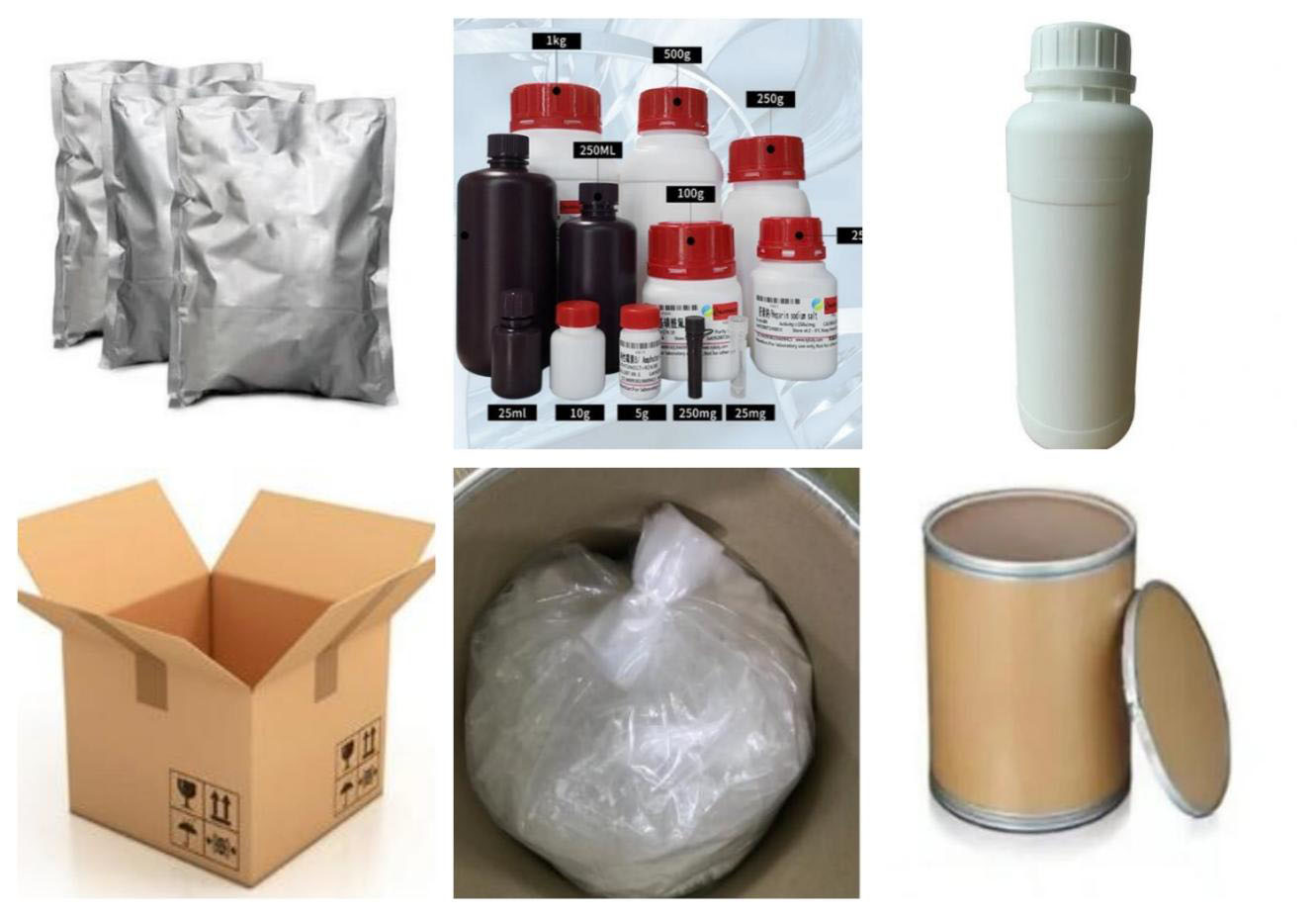Application and Effect
Anti-Inflammatory Effects: D-fucose has been shown to possess anti-inflammatory properties. It can inhibit the production of pro-inflammatory cytokines and reduce the activation of immune cells, thereby potentially providing therapeutic benefits in inflammatory conditions. Anticancer Effects: D-fucose has demonstrated anticancer activities by inhibiting cancer cell proliferation, inducing apoptosis (cell death), and suppressing tumor growth. It can also modulate the expression of genes involved in cell cycle regulation and metastasis. Immunomodulatory Effects: D-fucose can influence immune responses by modulating the activities of immune cells. It has been shown to enhance the phagocytic function of macrophages, stimulate the production of antibodies, and improve immune cell communication. Antibacterial Effects: D-fucose exhibits antibacterial properties against various pathogens. It can inhibit the adhesion of bacteria to host cells, thereby preventing biofilm formation and reducing the risk of bacterial infections. Glycosylation and Glycosylation Inhibition: D-fucose plays a crucial role in glycosylation processes, which involves the attachment of sugars to proteins or lipids. It is involved in the biosynthesis of glycoproteins, glycolipids, and other complex carbohydrates. D-fucose analogs or inhibitors can be used to interfere with glycosylation processes, potentially affecting cellular functions and pathological conditions. Biomedical and Therapeutic Applications: D-fucose and its derivatives are utilized in various biomedical and therapeutic applications. They are used as raw materials in the production of pharmaceuticals, particularly antiviral drugs and immunosuppressants. D-fucose-based compounds and conjugates are also studied for their potential as drug delivery systems and targeted therapies.Product Sample


Product Packing:

Additional Information:
| Composition | C6H12O5 |
| Assay | 99% |
| Appearance | White powder |
| CAS No. | 3615-37-0 |
| Packing | Small and bulk |
| Shelf Life | 2 years |
| Storage | Store in cool and dry area |
| Certification | ISO. |
